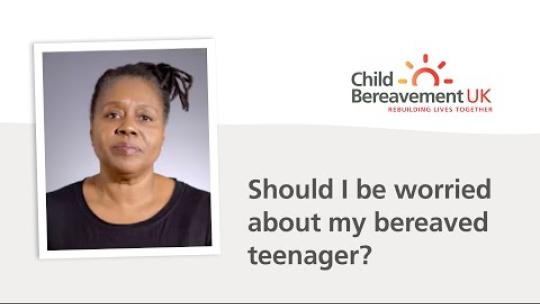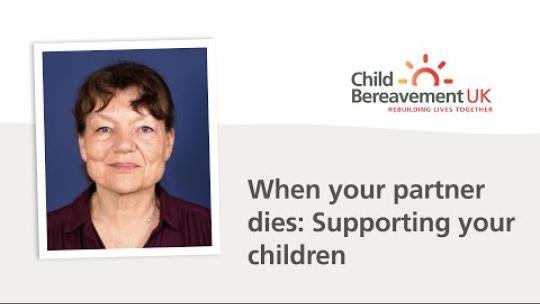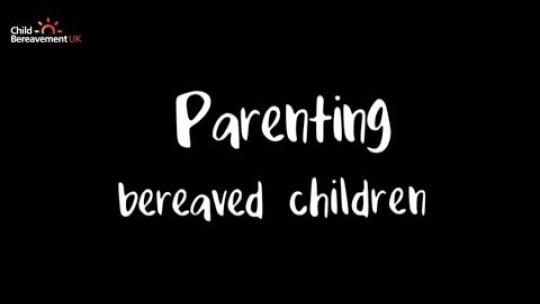Supporting grieving adolescents
Grieving adolescents have unique needs that are critical for healthcare providers to recognize and understand. Here you will find information related to supporting adolescents who are grieving.
Adolescence is a time of great change and grief impacts the developmental task of moving from dependence to independence. Adolescents are moving from familial ties to increased involvement with peers. It can, therefore, be difficult for teenagers to ask for support while trying to demonstrate independence. Young people do not like to feel different from their peers, and being a bereaved adolescent can be extremely isolating. The support of peers with similar experiences can be very powerful.
Adolescents will have a more mature understanding of the concept of death but often have their own beliefs and strongly held views, and may challenge the beliefs and explanations offered by others. Some young people may respond to a death by becoming more withdrawn, some may ‘act out’ their distress while others cope with the awareness of their own mortality through risk-taking behavior. Others may take on adult responsibilities and become ‘the caregiver’ for those around them. Keeping to the usual boundaries of acceptable behavior can be reassuring for bereaved young people. Young people who have been bereaved at an earlier age may need to re-process their grief as they think about and plan for their future and fully understand the impact of life without the person who died.


